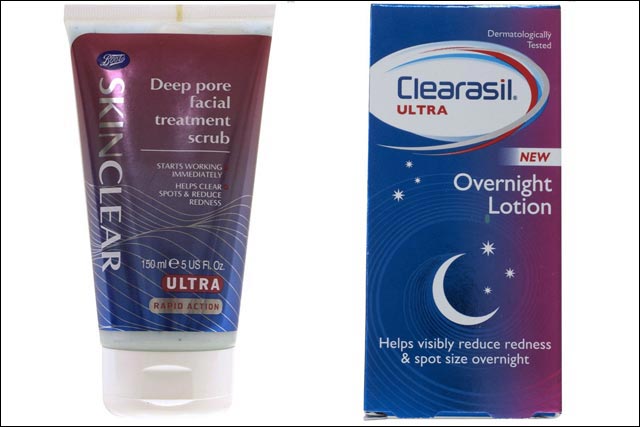
The retailer applied to register "Boots Skin Clear Ultra" as a trademark in 2009, but met opposition from Reckitt, which charged Boots with trying to "trade on the reputation" of its Clearasil range.
The company accused Boots of trying to "create an association" with the Clearasil brand in the minds of consumers, which could "confer an unfair commercial advantage".
Clearasil has used the Ultra sub-brand since 2005. It has since become a distinctive mark, establishing a strong reputation for acne treatment in the UK, added Reckitt Benckiser.
Reckitt also claimed that, as Clearasil was owned by Boots Healthcare International until 2006, there was a "serious risk that consumers buy Boots Skin Clear Ultra products in the belief there is still a connection with Clearasil".
However, Boots argued that the term "ultra" was generic.
It added that Reckitt had failed to show how consumers could be confused and that the Boots branding ensured there would be no misrepresentation.
In its submission to the Patent Office, Boots said: "Consumers are not in the habit of making assessments as to the origin of goods based on [business] transactions. The average consumers for acne products are teenagers who are unlikely to have been aware of the [ownership situation] in 2006."
In its ruling this month, the Patent Office said it was not persuaded that Reckitt was entitled to claim "ultra" as its own, as there was no evidence it was recognisable without the presence of the Clearasil brand.
It added "there is no likelihood of confusion". Reckitt was ordered to pay Boots £1,300 in costs.
This is not the first time that Boots has been involved in a spat over brand names.
In 2009, it launched a range called Gorgeous in collaboration with Gok Wan.
However, Nivea, which sponsored Gok Wan's TV series at the time, brought out a range just months later, also branded Gorgeous, claiming it had first presented the concept to Boots in 2008.
John Mathers, chief executive, Holmes & Marchant Group, UK and Europe, commented: "What Boots has done is to give the savvy British consumer a clear message: here is a cheaper alternative to a branded product. At this point, it's down to the brand to invest in things that make them distinctive, rather than rely on words such as 'ultra'.
"You can't blame Boots for trying to give the consumer a choice. It's up to brand owners such as Reckitt Benckiser to regularly innovate and build defendable design into their products."




.jpg)
.jpeg)
